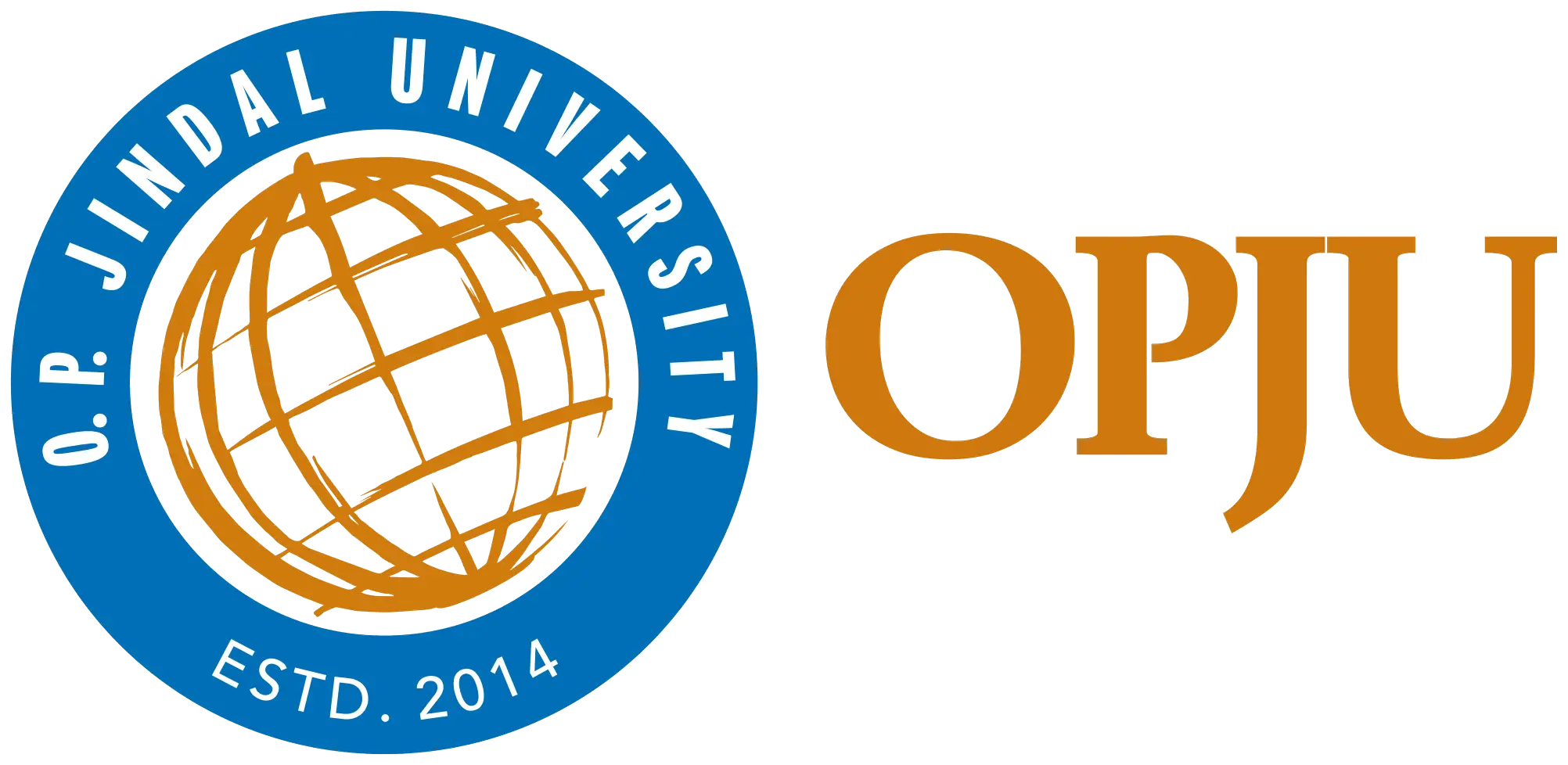The four-year undergraduate program program in Data Science and Analytics is designed to equip students with the skills needed to analyze and interpret complex data. These programs typically blend mathematics, statistics, computer science, machine learning, and business intelligence to prepare students for careers in data-driven industries.
Our institution proudly offers a comprehensive four-year Under-Graduate program in Data Science and Analytics. This innovative curriculum encompasses Applied Statistics, Data Science, and Data Analytics as the major subjects, complemented by Mathematics as a minor, aligning seamlessly with the vision outlined in the National Education Policy (NEP) of 2020. The primary focus of this programme is to provide a thriving ecosystem to develop data-driven technological solutions based on statistical techniques.
This programme is designed towards lifelong learning by imbibing our ancient and prominent knowledge system in education through the type of courses as — multi-disciplinary, value-added, ability and skill enhancement courses etc. Internships and industry projects are important components included in this program which will cater for advanced industry-required 21st-century analytical skills.
Trained human resource development in the areas of applied Statistics and Data Science who can be further trained expeditiously for advanced applied statistical techniques for data analytics is a major goal of this program. Program will enable students for better employability in industries like IT, manufacturing, education, finance, healthcare, legal and governance, academics etc.
Graduates can pursue roles such as Data Analyst, Data Scientist, AI Engineer, Business Intelligence Analyst, and more.




-thumb-thumb.jpg)